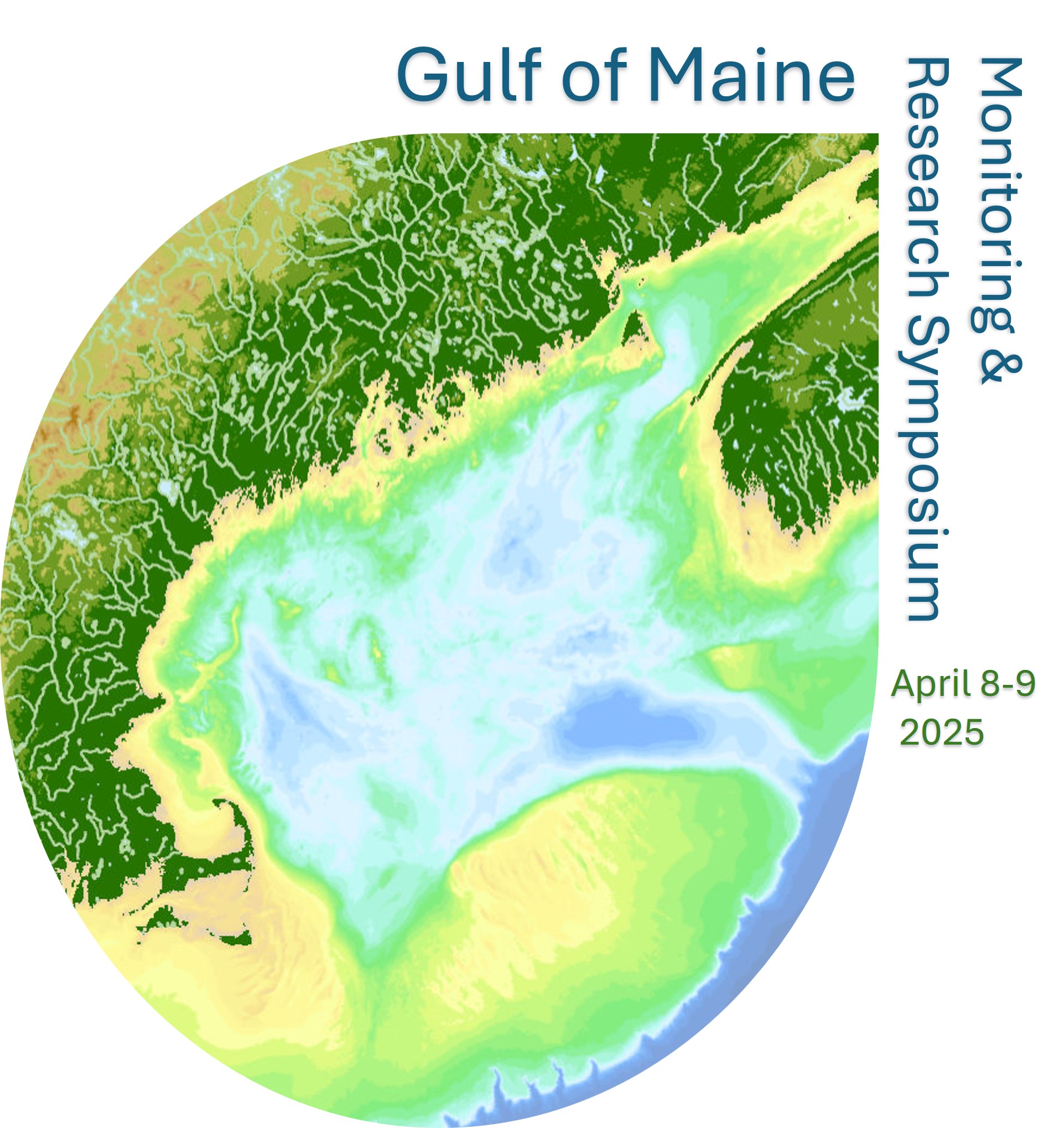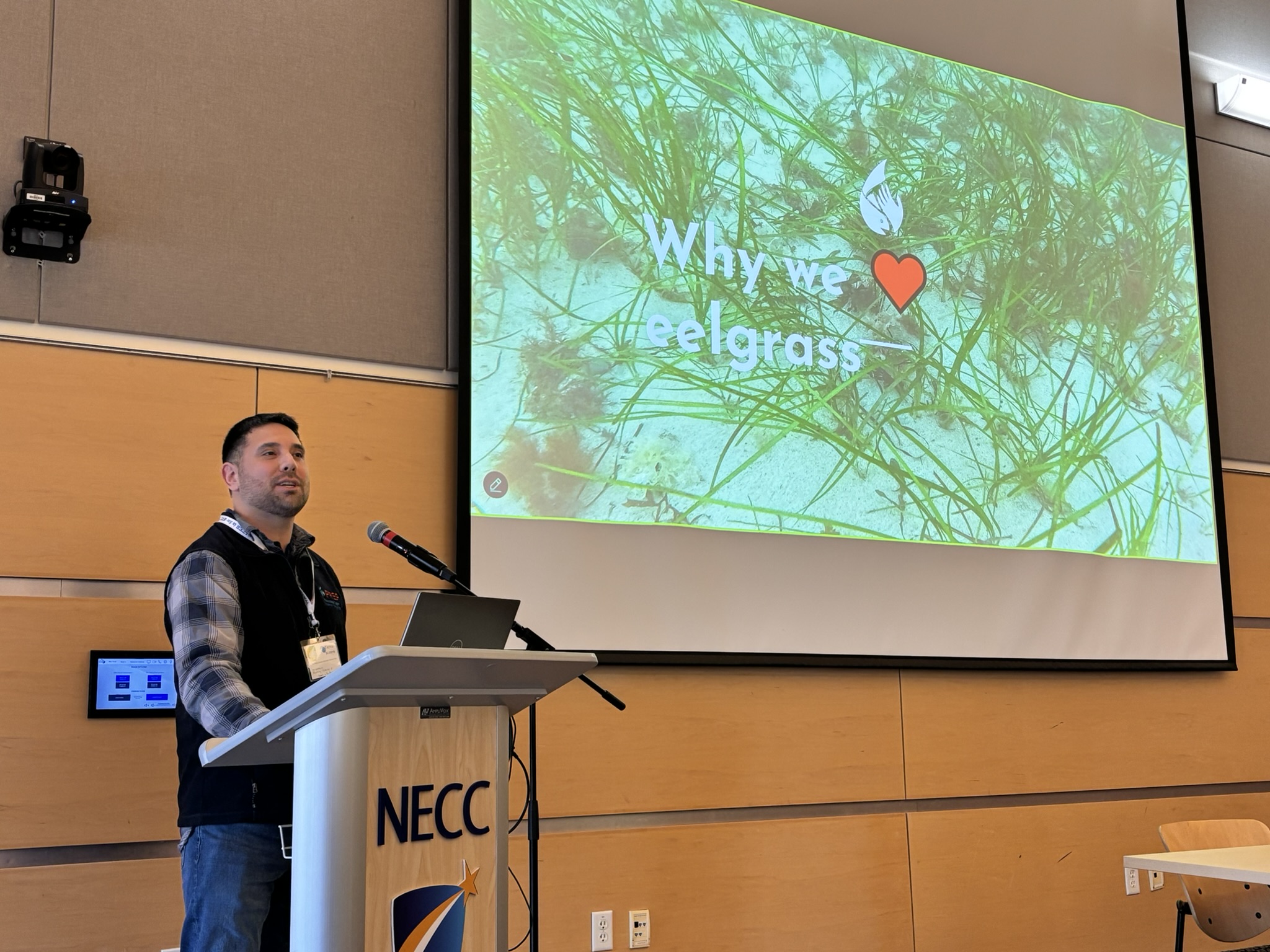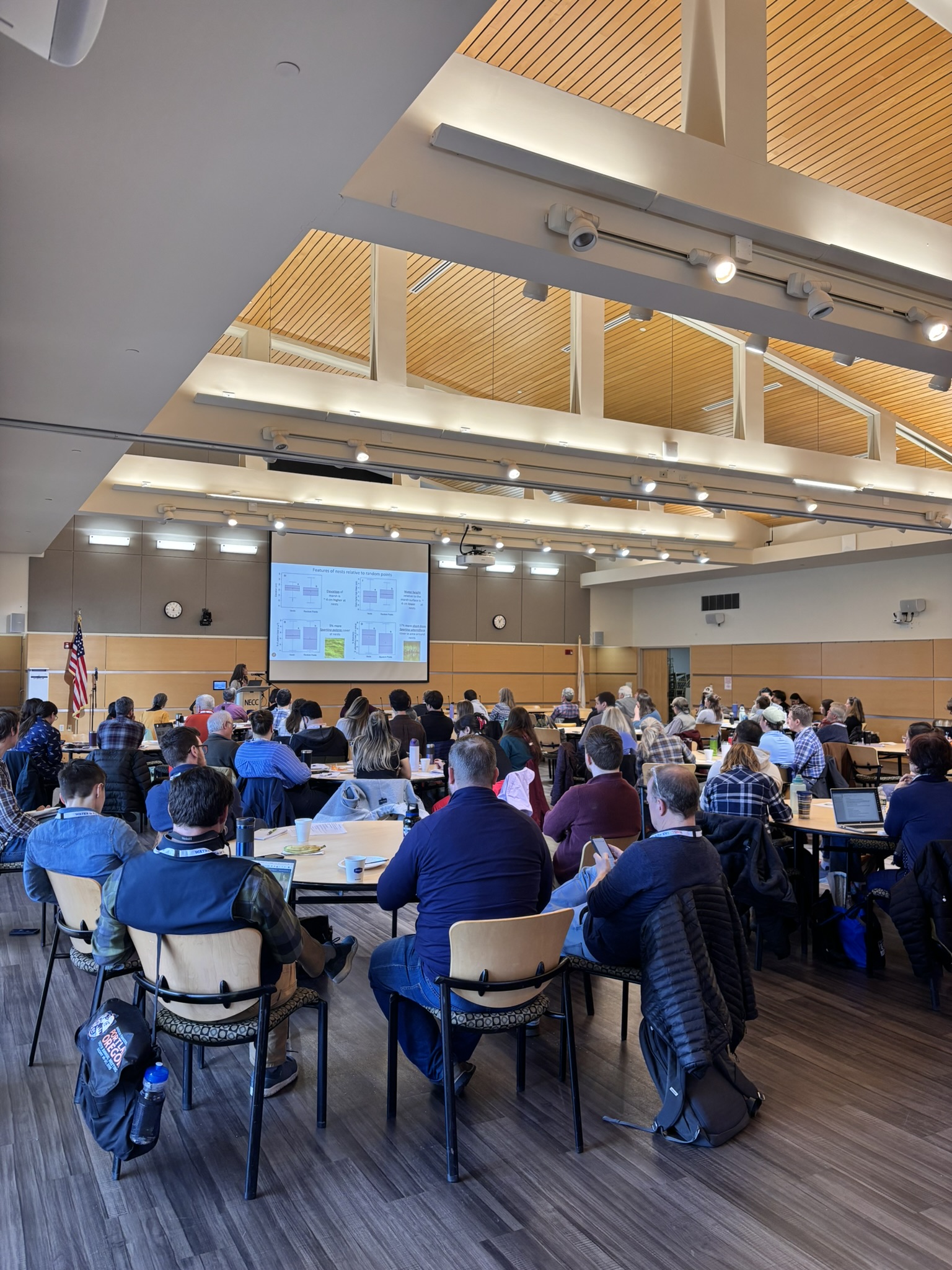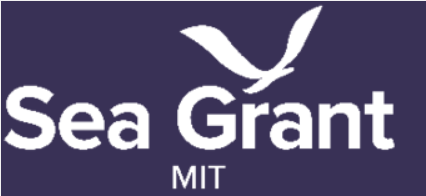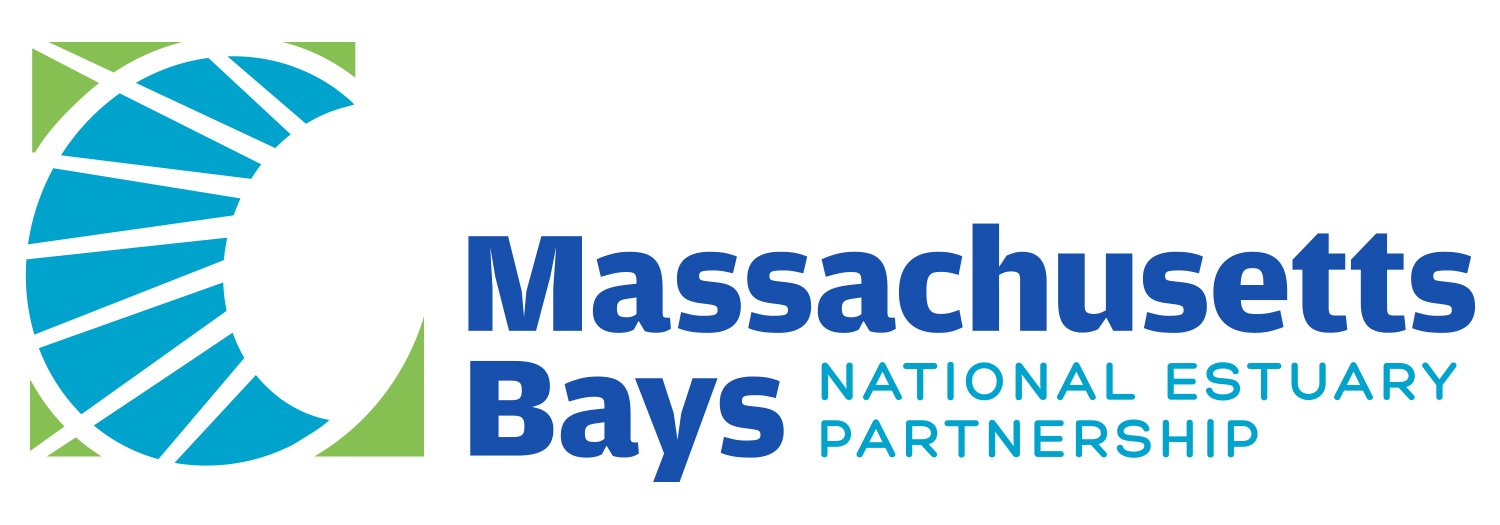SUMMARY & RESOURCES
ABout the symposium
On April 8-9, more than 150 monitoring program coordinators and researchers, data-users and policymakers gathered in Haverhill, MA to learn about ongoing water quality and habitat monitoring and research in the Gulf of Maine.
The Symposium was hosted by MassBays, Massachusetts Water Resources Authority (MWRA), MIT Sea Grant, and the Northeast Regional Association for Coastal and Ocean Sciences (NERACOOS). Drs. Janet Duffy-Anderson from Gulf of Maine Research Institute and Damian Brady from the University of Maine provided keynotes about the drivers of change in the Gulf of Maine, setting the stage for a series of talks by nearly 40 speakers over two days, with panel discussions following each session. Topics ranged from water quality and habitat monitoring to research on the impacts of emerging contaminants and invasive species on local ecosystems.
Sending attendees off on a high note, Dr. Jon Witman (Brown University) described how the rich ecosystem on Cashes Ledge, in the middle of the Gulf of Maine, has suffered losses in kelp and biodiversity over the past 60 years. However, in the past few years he and his team have seen a gradual return of the unique system. (See this clip from NOVA’s three-part series on the Gulf of Maine, “Sea Change: Peril in the Gulf,” for more.).
Watch for Symposium outcomes and speakers’ slide presentations on MassBays’ website, coming in May.
2025 SYMPOSIUM HOST INSTITUTIONS
